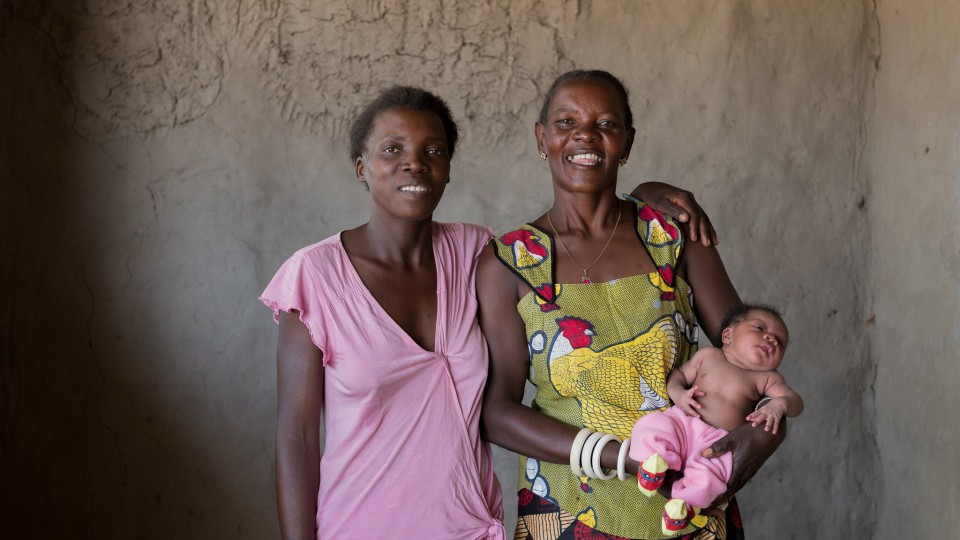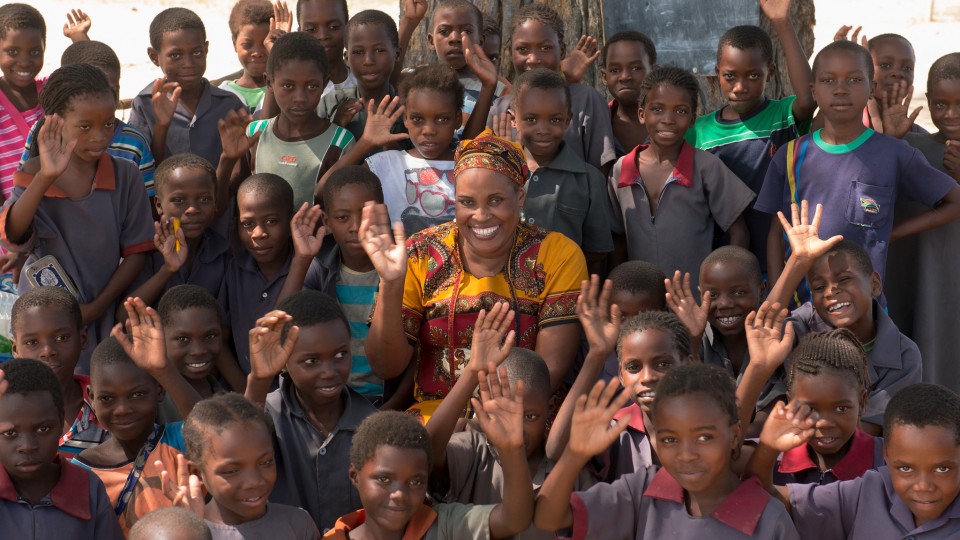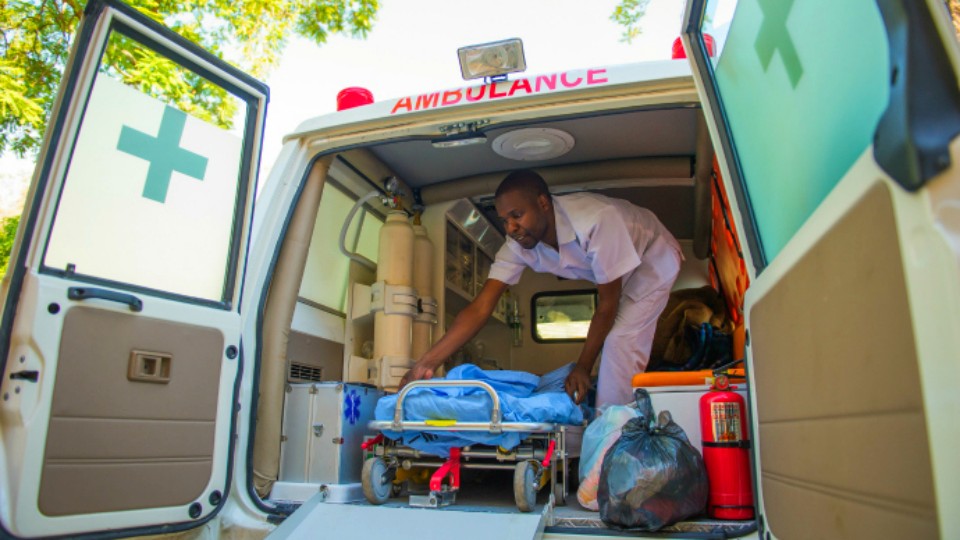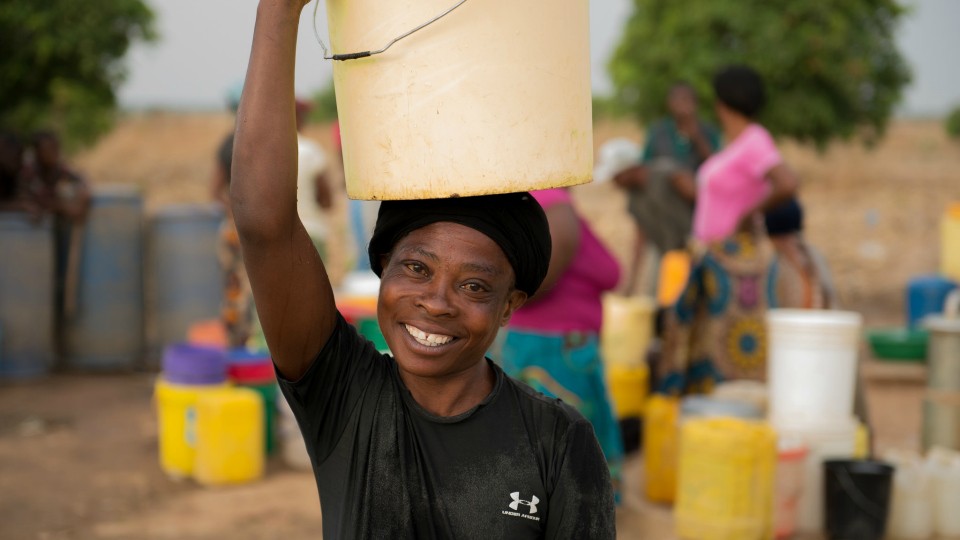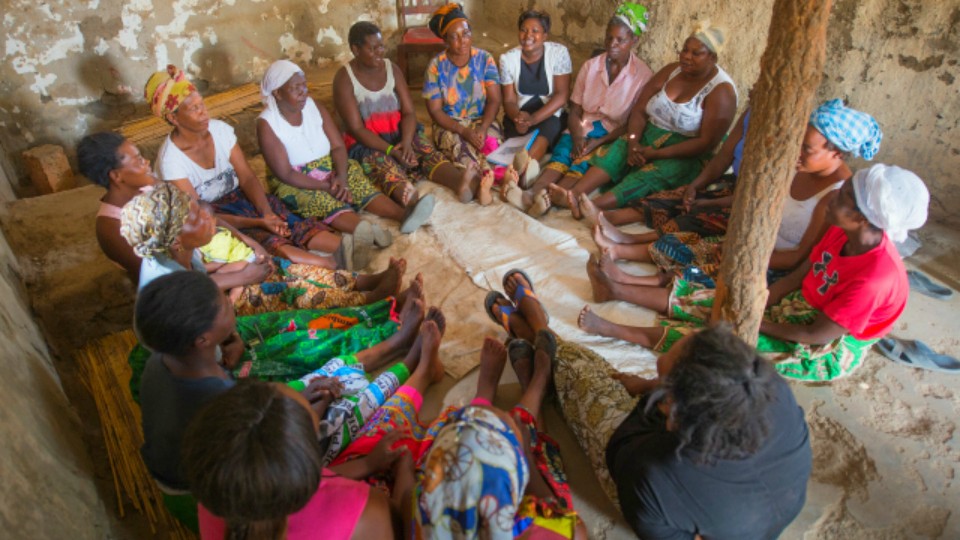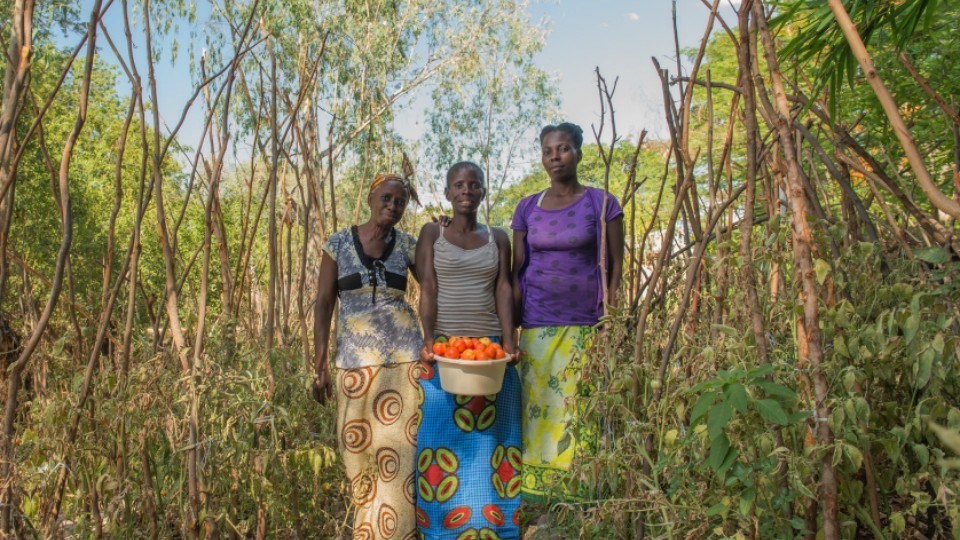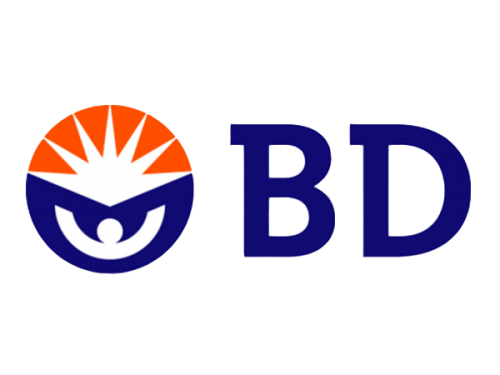Protecting Children for a Better Future
Since 1965, CMMB has worked with provincial and district health offices of the Ministry of Health in all 10 Zambian provinces and enjoys a close relationship with the Zambian Episcopal Conference and the Churches Health Association of Zambia, the umbrella organization of Zambia’s faith-based healthcare institutions.
Program areas have included:
- CHAMPS
- Child protection, including support for orphans and vulnerable children
- Domestic and international volunteers
- Gender-based violence prevention
- HIV/AIDS prevention, care, and treatment, including prevention of mother-to-child transmission
- Neonatal asphyxia
- Prevention and control of malaria
- Voluntary medical male circumcision
In rural areas, where government services may be sparse, CMMB Zambia partners with traditional leadership, from paramount chiefs to village headmen. These individuals play a critical role in defining community norms, and are often revered members of local governance structures. Collaboration and cooperation are critical to project effectiveness and sustainability.
CMMB has been particularly active in supporting the children and adolescents left vulnerable by the death of one or both parents from AIDS. Under the Luapula Foundation, a local NGO, we worked to strengthen district and community structures to support these children in Copperbelt, Southern, Luapula, Central, and Lusaka provinces. The Kusamala Project, funded by the GHR Foundation, is a child protection project intended to reverse family, community, and system tolerance for harmful practices and build their capacity to provide stable, protective, nurturing family environments for children. Toward this end, we work with families and local institutions to build support for child-friendly practices and to reverse tolerance for those that do not support children’s positive development.
Snapshots from Zambia
Zambia
Click on the pin icons on the map to discover CMMB's programs and initiatives in Zambia.
The Power of Access and Healthcare Infrastructure in Zambia
CMMB believes in a world free of HIV and AIDS.
Diana, a maternal and child health coordinator at Makululu Health Facility, knows that treating HIV-positive mothers is complicated. Diana says that delivering at home comes with many complications, "In cases where the mother is exposed, it's critical for the mother to deliver at a health facility so her baby can receive treatment." However, some mothers keep their HIV status a secret, even from their husbands. The effects of stigma can be devastating.
CMMB Zambia has been working toward the end of the HIV epidemic since its beginnings in Zambia. Currently, we deliver essential information about HIV prevention under the Zambia Community HIV Prevention Project (Z-CHPP) and its DREAMS component (the latter specifically for adolescent girls and young women).
Learn More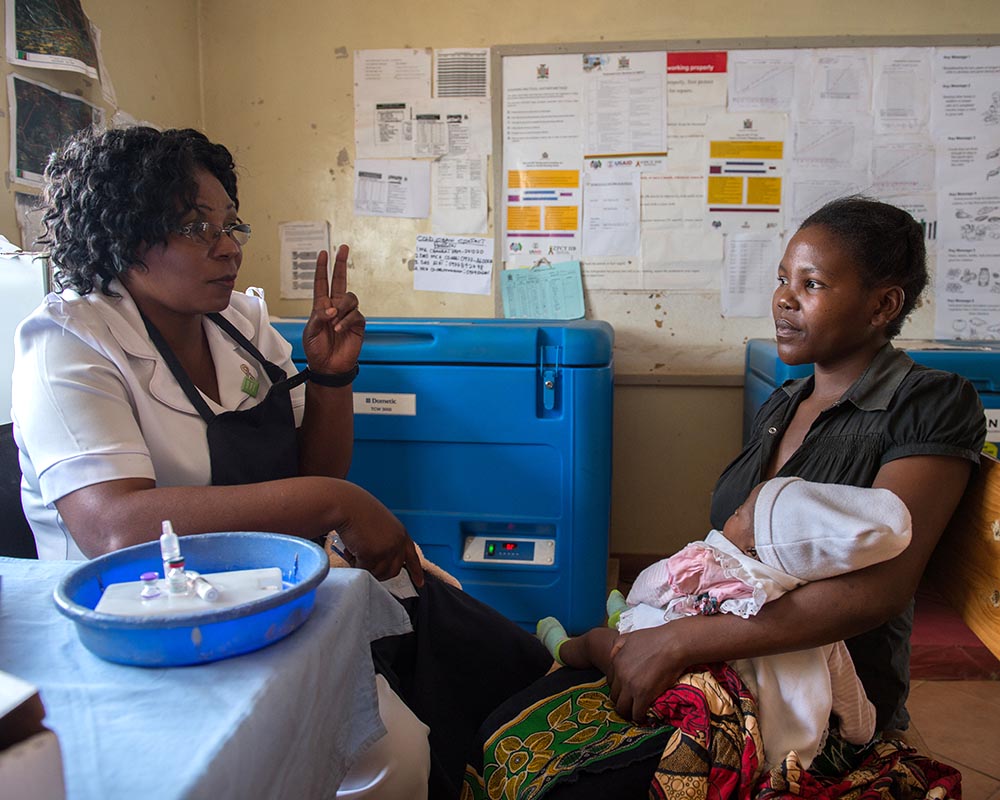
CMMB believes that children should be protected and nurtured.
In Zambia, we depend on women like Florence, a community health worker trained to spot vulnerable children who need intervention. Quick to smile, experienced, and motherly, Florence met 16-year-old Alfred on the streets of Kabwe. She learned that both his parents had died from HIV, and that he was supporting his grandmother and six siblings by selling plastic bags. CMMB is now supporting the family with access to healthcare, outreach and home visits. Alfred's grandmother says, "This boy is my hero."
For decades, CMMB Zambia and its staff have been involved in supporting the many thousands of children left vulnerable because of a parent’s HIV infection or, worse, orphaned by AIDS. Our focus under Kusamala and Service Effectiveness and Efficiency for Vulnerable Children and Adolescents (SEEVCA) is to build community institutions’ capacity to ensure that children live in a stable, protective, nurturing environment.
Learn More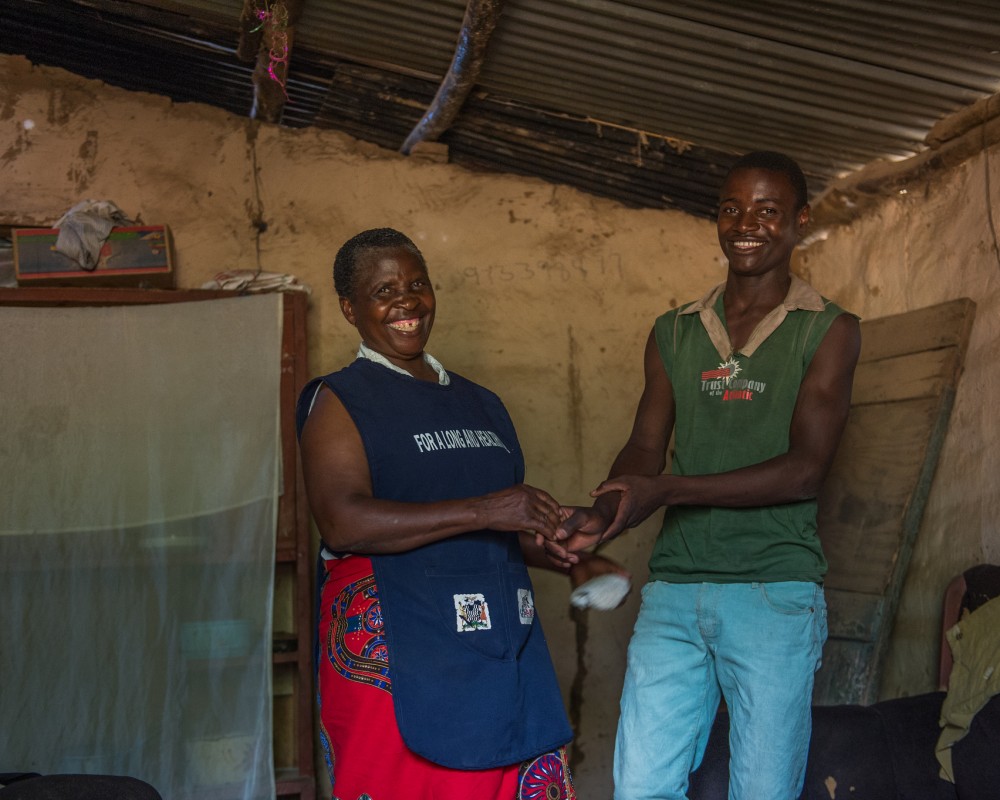
CMMB believes in access to clean water for all.
In some parts of Zambia, families may use a taxi cab to transport a week's worth of clean water from a safe source to their homes. In Mwandi, however, many households have no income and no money for a taxi. These families must rely on the only free water source available – shallow wells. "Free water can come at a high personal cost," says Brian, a community health worker. "We record high numbers of diarrhea and dysentery cases among children in the area due to a lack of clean, safe water.“ Without any other options, families depend on shallow wells during the rainy season.
Learn More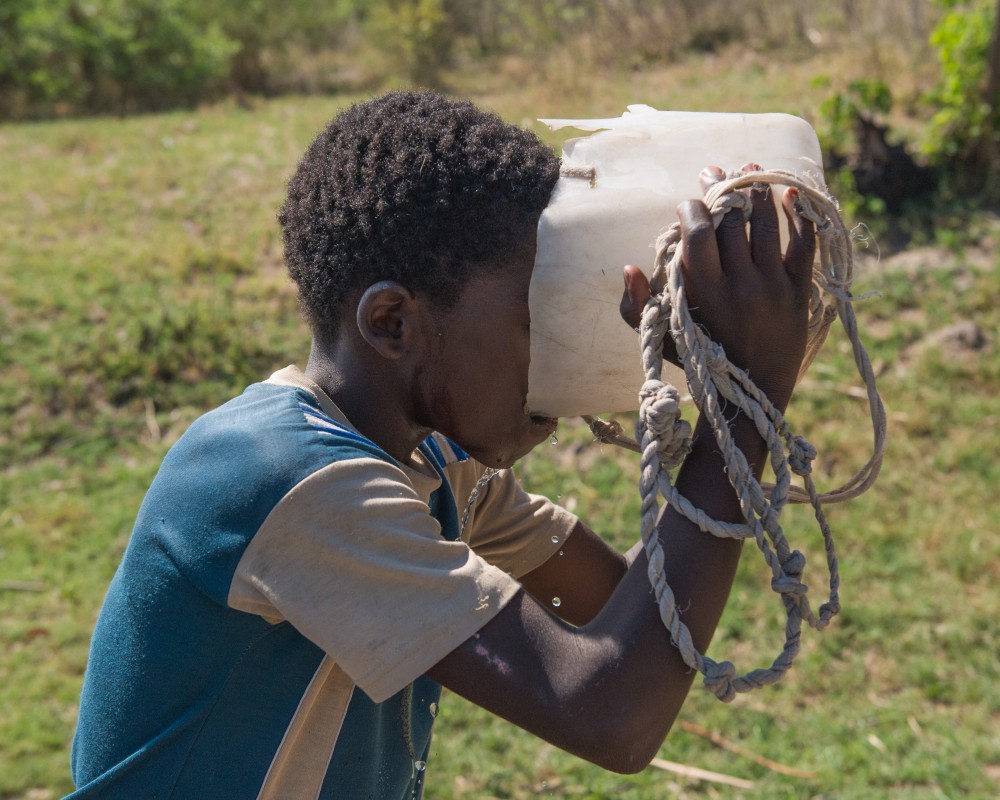
Help Us Increase Our Impact
DonatePartnerVolunteerContact Us
CMMB - Healthier Lives Worldwide
33-01 11th Street
Long Island City, NY 11106
Federal Tax ID (EIN) 13-5602319
800.678.5659
Mail your donation to:
Catholic Medical Mission Board
Gift Processing Center
PO Box 37041
Boone, IA 50037-0041
800.678.5659
